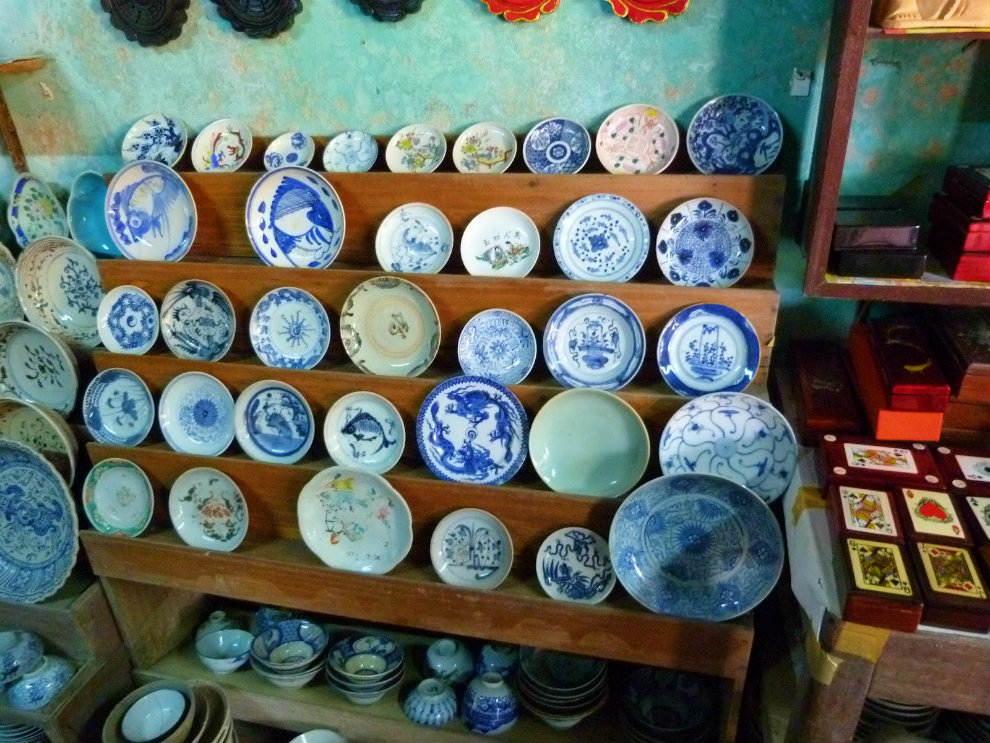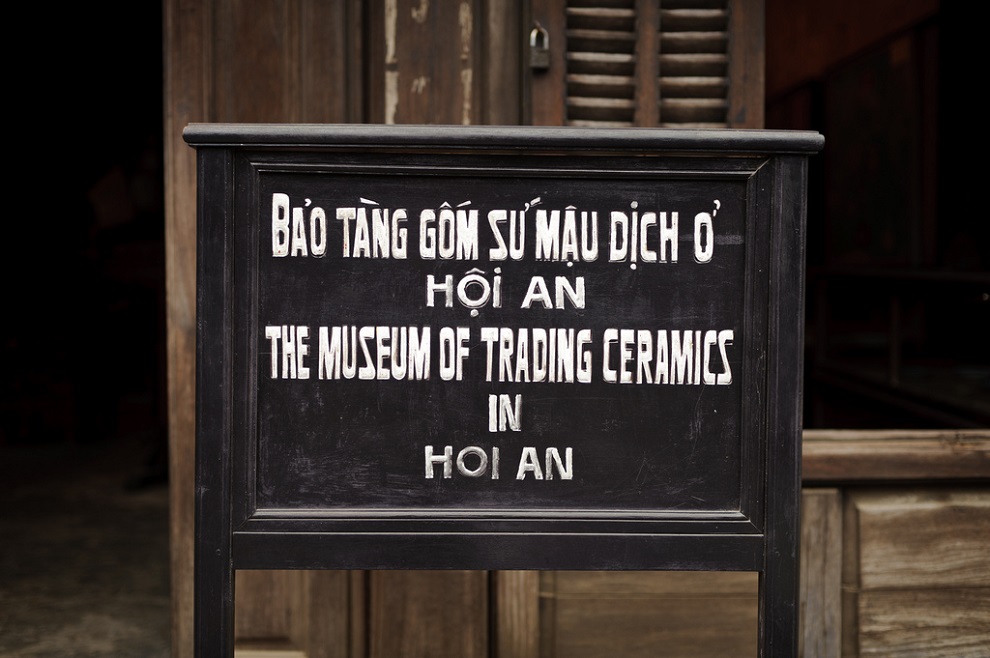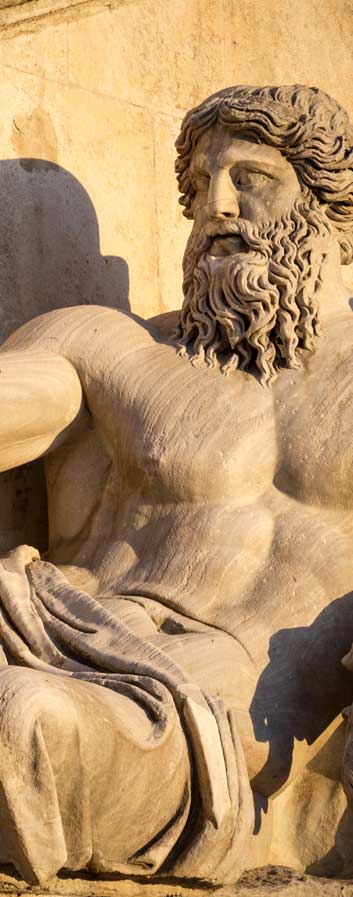MUSEUM OF TRADE CERAMICS IN HOI AN
It’s worth a trip to the Museum of Trade Ceramics just to see the beautifully restored timber house in which the museum resides. Stepping inside you'll discover a vast selection of Chinese, Vietnamese and Japanese ceramics found during archaeological digs in the area, mainly dating from the 8th to the 18th centuries.
The museum is located in Hoi An's old quarter and offers a cultural insight into the history of the town and foreign relationships with Asian counterparts including Japan, China and India. There are also a host of fascinating drawings on display showcasing the different types of architecture found in Hoi An along with a detailed history of the life and times of this ancient town which once acted as a very important trade centre.
Today, Hoi An is largely regarded as a fishing town, but once upon a time it was one of the Asian leaders in the trading of pottery from nations such as China, Thailand, the Middle East, India and Japan.
Built in 1858, the building housing the Museum of Trade Ceramics is an elegant example of traditional Vietnamese workmanship which has been kept in first-class condition. There are many antique pieces exhibited including some from a ship wrecked in nearby waters in 1733 and pottery from the Chinese Tang Dynasty dating from the 7th to the 10th centuries.
Objects from the Middle East are also estimated from the same era adding to a collection of some 430 artefacts However, the real beauty of the Museum of Trade Ceramics is its ability to put together all of the history of Hoi An in one place and give foreigners a chance to understand her origins as a vital trade port whilst also offering a detailed glimpse into Hoi An architecture.
Exhibition signs in English, often in superb detail, allow the visitor to thoroughly understand the treasures on display, many of which exist only as fragments.

The Museum of Trade Ceramics is open daily from 08:00 until 17:00 and is situated at 80 Tran Phu Street, Hoi An. The house itself is in pristine condition and visitors are welcome to also wander around the rooms and courtyard to get a feel of a traditional Vietnamese house.
The museum is highly recommended for historians or those with an interest in archaeology, others may find it rather dry largely due to the fact that there are few whole objects on display with most of the exhibits consisting of ancient shards of flatware and pottery.



































